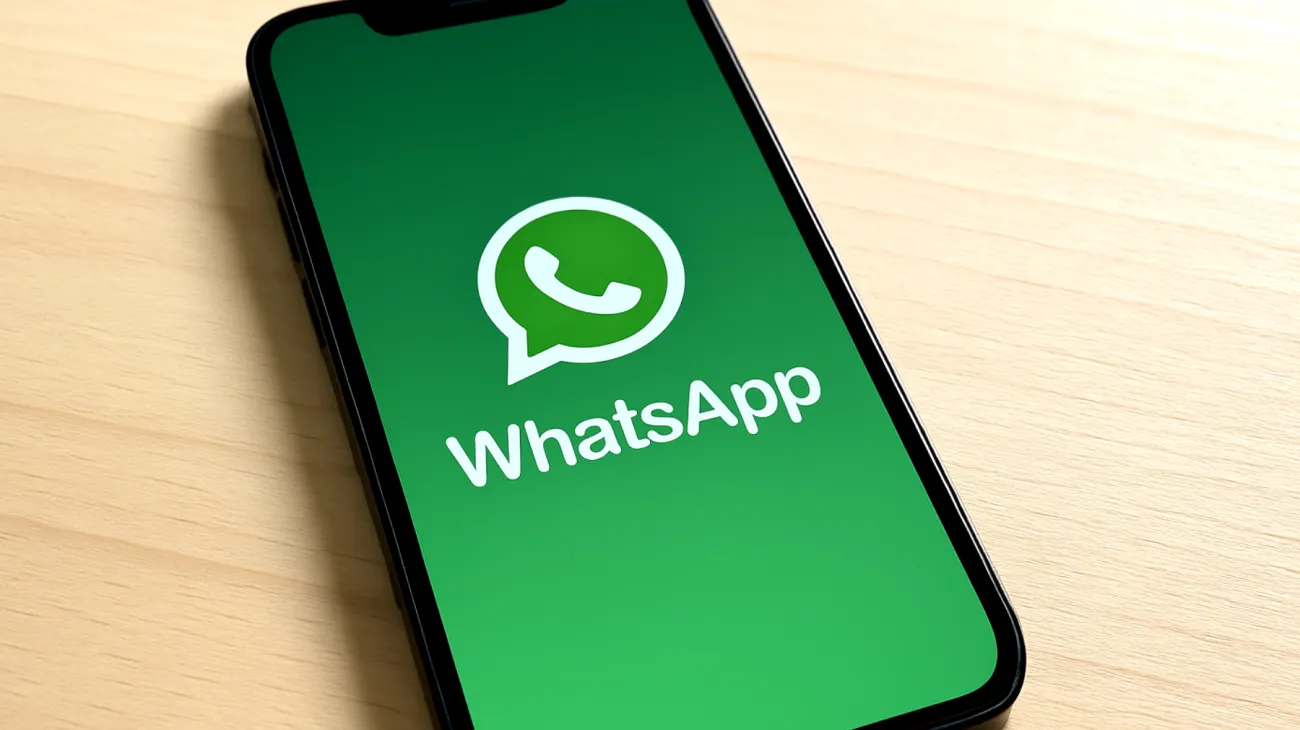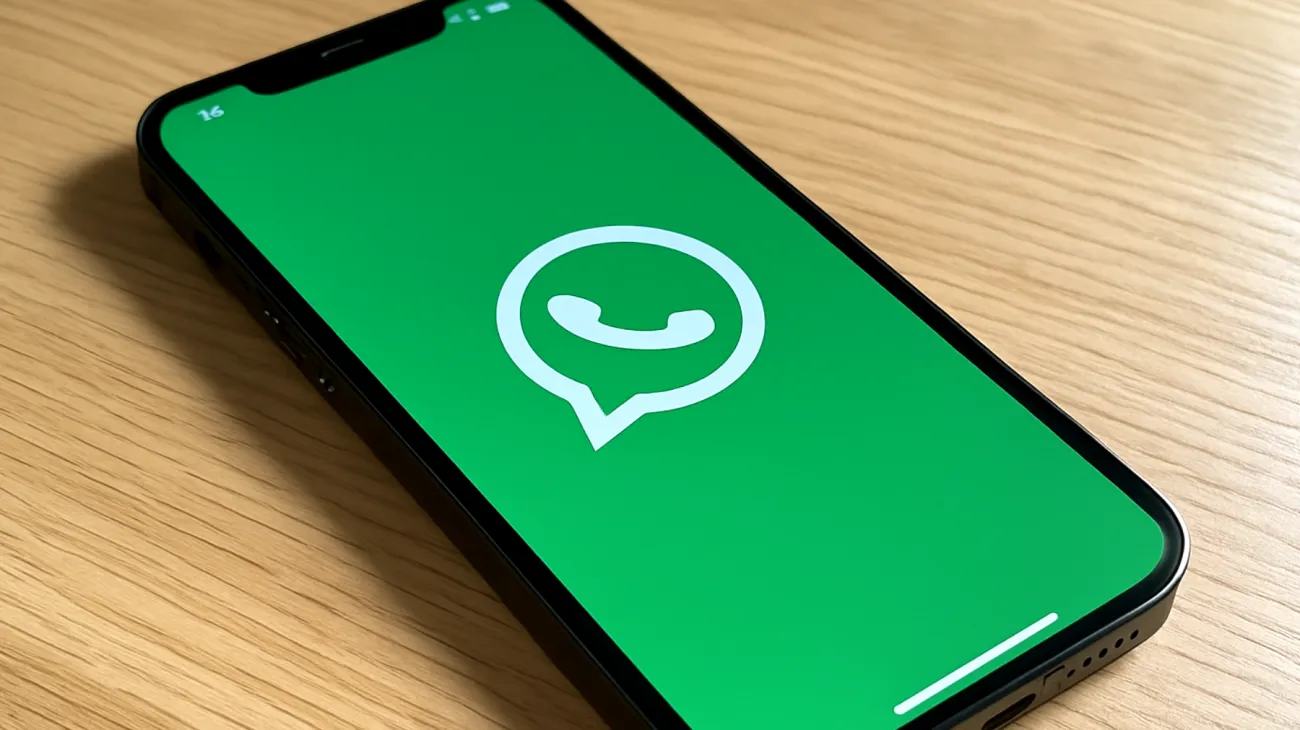Your phone buzzes relentlessly throughout the day, pulling your attention away from important tasks, family time, or well-deserved rest. Sound familiar? If you’re like most UAE residents, WhatsApp has become both a blessing and a curse—connecting you with loved ones across the Emirates and beyond, while simultaneously creating a constant stream of digital interruptions that can leave you feeling overwhelmed and mentally exhausted.
Smartphone users in the UAE experience frequent notifications, with messaging apps like WhatsApp being a leading source of digital interruptions. Research shows that individuals can receive dozens to hundreds of notifications per day, with instant messaging often accounting for a substantial proportion of these alerts. This digital bombardment doesn’t just affect productivity; it impacts sleep quality, stress levels and our ability to be present in real-life conversations. The good news? WhatsApp offers sophisticated notification controls that most users never discover, and mastering these features can dramatically improve your digital wellbeing.
The Hidden Psychology Behind WhatsApp Notifications
Before diving into solutions, it’s crucial to understand why WhatsApp notifications feel so intrusive. The app’s default settings are designed to maximize engagement, not your peace of mind. Every ping triggers a small dopamine release, creating a psychological loop that makes ignoring messages feel nearly impossible. This is particularly challenging in the UAE’s multicultural environment, where different time zones and cultural communication patterns mean messages arrive at all hours.
Research indicates that professionals often check their phones dozens of times per day, and WhatsApp is frequently identified as a leading cause of these interruptions in countries where it is widely used. This constant switching between tasks reduces cognitive performance by up to 23%, making it harder to focus on work, studies, or meaningful conversations with family.
Advanced Group Notification Management
The most overlooked WhatsApp feature is granular group notification control. Instead of leaving all groups with default settings, you can create a hierarchy based on importance and urgency. Start by categorizing your groups into three tiers:
- Critical – immediate family, emergency contacts
- Important – work teams, close friends
- Social – extended family, hobby groups, neighborhood chats
This classification system allows you to customize notification preferences that align with your actual priorities rather than treating all messages equally. For social groups, consider using the “Custom Notifications” option to set a subtle tone that won’t interrupt focused work sessions. Navigate to the group chat, tap the group name, select “Custom Notifications,” and choose a gentle sound that won’t trigger the same urgency response as your default tone.
Time-Sensitive Muting Strategies
WhatsApp’s muting options give you control over when you receive notifications from specific groups. You can strategically mute high-volume groups during periods when interruptions are most disruptive. For instance, manually mute work groups during evening family time, or silence social groups before important meetings. While the app doesn’t offer automatic time-based scheduling, developing a routine of strategic muting based on your daily schedule can significantly reduce unwanted interruptions.

Mastering Do Not Disturb Integration
The real game-changer lies in synchronizing WhatsApp’s settings with your device’s native Do Not Disturb mode. This creates layers of protection that automatically adapt to your schedule without requiring constant manual adjustments. iOS users can create custom Focus modes that allow only critical WhatsApp contacts to break through during specific times. Android users can leverage Priority Mode to achieve similar results. The key is defining what truly constitutes an emergency versus what feels urgent in the moment.
Sound Psychology and Notification Differentiation
Here’s where most users miss a crucial opportunity: using audio cues to instantly categorize message importance without looking at their phone. Your brain processes different sounds distinctly, allowing you to make split-second decisions about whether to interrupt your current activity.
Assign unique notification sounds based on sender importance rather than personal preference. Use WhatsApp’s custom notification feature for individual contacts, giving your spouse, children, or elderly parents distinct tones that signal genuine priority. Reserve the default WhatsApp tone for less critical communications.
The Silent Revolution
Consider this unconventional approach: disable all WhatsApp notification sounds except for your top five most important contacts. This radical shift forces correspondents to call for true emergencies while allowing you to check messages proactively rather than reactively. Research confirms that reducing notification frequency and triaging contacts is associated with lower stress, greater control over attention, and improved subjective wellbeing.
Advanced Notification Scheduling Techniques
While WhatsApp Business users have access to automated away messages, regular users can create similar boundaries through strategic status updates and response time expectations. Update your status to indicate your availability windows, such as “Checking messages at 9 AM, 2 PM, and 7 PM” during particularly busy periods. This simple technique sets clear expectations and reduces the pressure to respond immediately to every message.
You might also consider establishing specific time blocks throughout your day dedicated to checking and responding to WhatsApp messages. Rather than being constantly reactive to incoming notifications, this proactive approach allows you to engage with messages when you’re mentally prepared and have adequate time to provide thoughtful responses.
The 24-Hour Reset Protocol
Try this experiment: disable all WhatsApp notifications for 24 hours, checking messages only at predetermined times—morning, lunch, and evening. Studies on scheduled phone checking have found that most non-urgent messages can wait and that scheduled messaging use can improve wellbeing and satisfaction in relationships. Most users discover that the vast majority of conversations don’t require immediate responses, and relationships actually improve when replies become more thoughtful rather than instantaneous.
Your relationship with technology should enhance rather than dominate your life. By implementing these strategic notification controls, you’re not becoming antisocial—you’re creating space for deeper, more meaningful connections while protecting your mental energy for what truly matters. The constant buzz doesn’t have to control your day; you have more power over these digital interruptions than you realize.
Table of Contents

